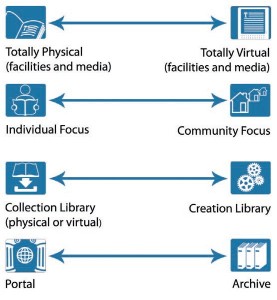In the last post, I wrote about how the big wigs in the UK we’re and still are looking to lean on social media to curtail riots and whatnot. As ridiculous as that is, this wonky mindset is catching on Canada’s side of the pond.
From Canada.com:
…proposed “lawful access” legislation would make “warrantless wiretapping pretty much normal,” David Murakami Wood, a member of The Surveillance Studies Centre at Queen’s University in Kingston, Ont., said Wednesday.
Lawful access is part of the Conservative government’s comprehensive bundle of crime legislation that Prime Minister Stephen Harper promised to pass within 100 days of the May 2 election.
Researcher Murakami Wood said, if passed, it would make the interception of communications a more general police tactic, rather than one that is only used in special circumstances.
Critics say the bill would require Internet Service Providers (ISPs) to disclose customer information to law enforcement without court orders and to invest in new technologies allowing for real-time surveillance of their networks. It would make companies, such as RIM, the gatekeepers of users’ privacy, and government would hold the key, they contend.[source]
It’s the sort of threat-inflation that tends to make me squeamish over the potential for state abuses of privacy. A recent Globe and Mail opinion piece criticized the proposed legislation for being paranoid and illogical. I can’t help but agree with this.
However, there hasn’t been a lot of buzz about this in Canada yet. Once the UK riots died down, the issue faded. But, I think as the Conservative government tries to push through their omnibus crime legislation, we’ll hear more about it.
This is something on horizon. We watched this rapid erosion of privacy in the US, and, yelp, it can happen here in Canada.
UPDATE: The CBC, way back on August 9, posted an article about an open letter sent to PM Harper about all this. You’ll notice that this pre-dates the UK riots a little, but I’m sure the Conservatives were happy that David Cameron’s anti-RIMism is greasing the wheels. END UPDATE
****Personal Note****
I apologise for the slow rate of posting. I started a new job last week, and I am actively learning the ILS Librarian ropes. This means that posts will sporadic until I settle in. Which is good, since my new job is giving me plenty of grist for this here blogging mill.


